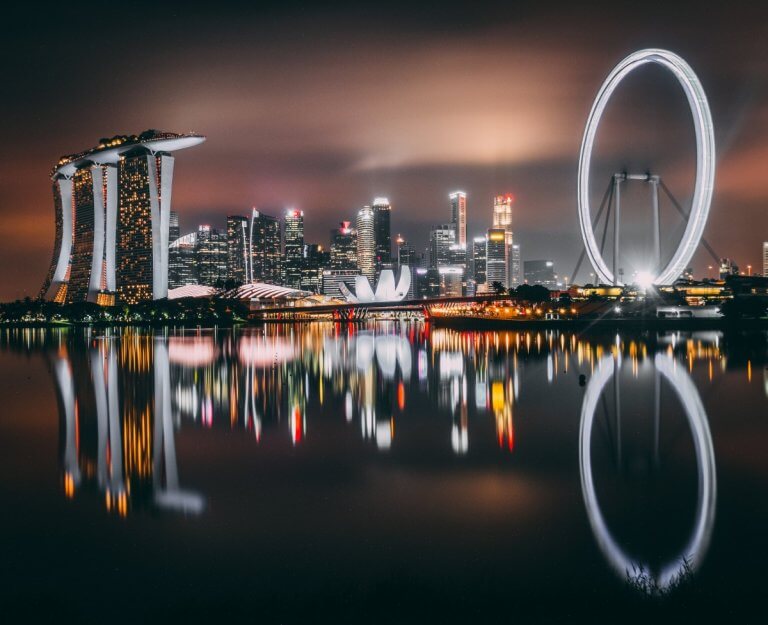
It’s easy to understand the film Crazy, Rich Asians when you consider a snapshot of Singapore. This island city has been named the world’s most expensive for the fifth consecutive year, according to the Economist Intelligence Unit’s Worldwide Cost of Living index.
For the top 10 percentile of Sigaporean society, an annual income of SG$177,000 (US$130,408) and total wealth of US$277,000 ($379,100) per adult is the average.
Splurging on their children’s education is no problem for the Lion City’s über-rich, and it shows in the fees Singapore’s private schools are charging.
The average yearly school fees range from SG$1,800 (US$1,309.57) and go up to a whopping SG$46,350 (US$33,721.28). The two campuses – East and Dover – of the United World College of South East Asia (UWCSEA), part of the UWC brand, charge the most, with an average annual fee ranging from SG$38,685 (US$28,142.76 USD) to SG$46,350 SGD (US$33,718.93), recent data from education network EdArabia.com show.
The Tanglin Trust School charges the second-highest fees (between SG$26,946 – 44,571), followed by the Australian International School (SG$34,824 – 42,432) and ISS International School Singapore (SG28,950 – 40,220).
For context, the ballpark median household income in the US is about US$61,000 while in Singapore, it’s around US$38,854.00 – hardly enough to affords these exorbitant fees.

Singaporean students often make headlines for scoring top marks in international assessments for maths and science. Source: AFP/Mohd Fyrol
Compared to the city’s most affordable private school – DPS International School, with annual fees ranging from SG$2,648 SGD (US$1,957.28 USD) to SG$3,852 SGD (US$2,847.23) – UWCSEA charges around 12-14 times more.
At government-run schools, international students pay between SG$9,000-16,800, while ASEAN students pay SG$5,580-9,360.
Singapore’s schools are categorised into five types – specialized, specialized independent, independent, government-aided and government schools. Among private operators, these are further categorised into three types of private schools: full-time religious schools (Madrasah), privately-funded schools and special education schools.
While the majority of students attend government-run schools, EdArabia notes that there are 12,228 students and 1,772 teaching staff at the 29 private schools registered with the country’s Ministry of Education. Most expat students attend these privately-run institutions, since only around five percent of government schools’ student bodies have been international in recent years, who predominantly come from ASEAN and Asian countries.
Various curricula are offered here but the British, American, Central Board of Secondary Education (CBSE), International Baccalaureate, International General Certificate of Secondary Education (IGCSE) and Early Years Foundation Stage (EYFS) are most popular.
Liked this? Then you’ll love…
UAE universities more popular than Singapore, South Korea – report
Singapore’s major universities want students to prepare for country’s future







